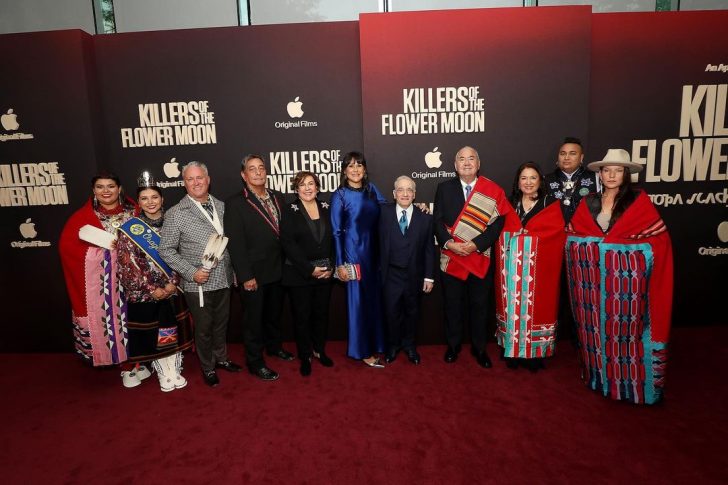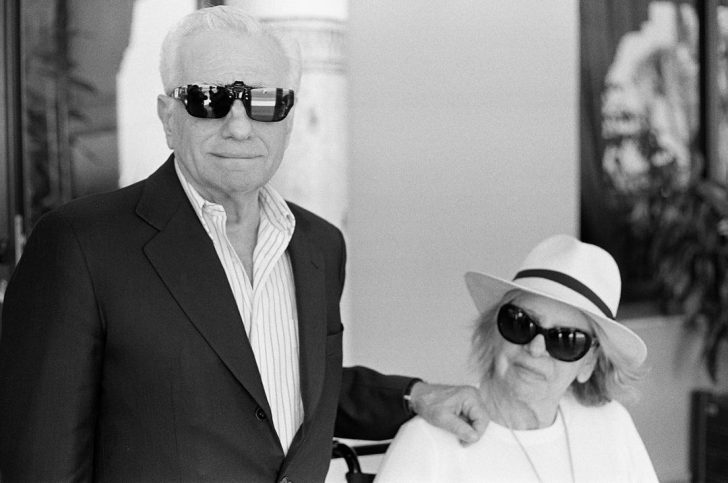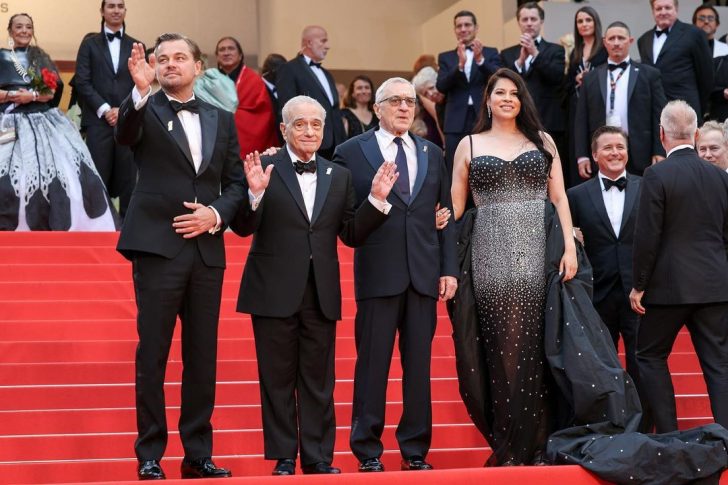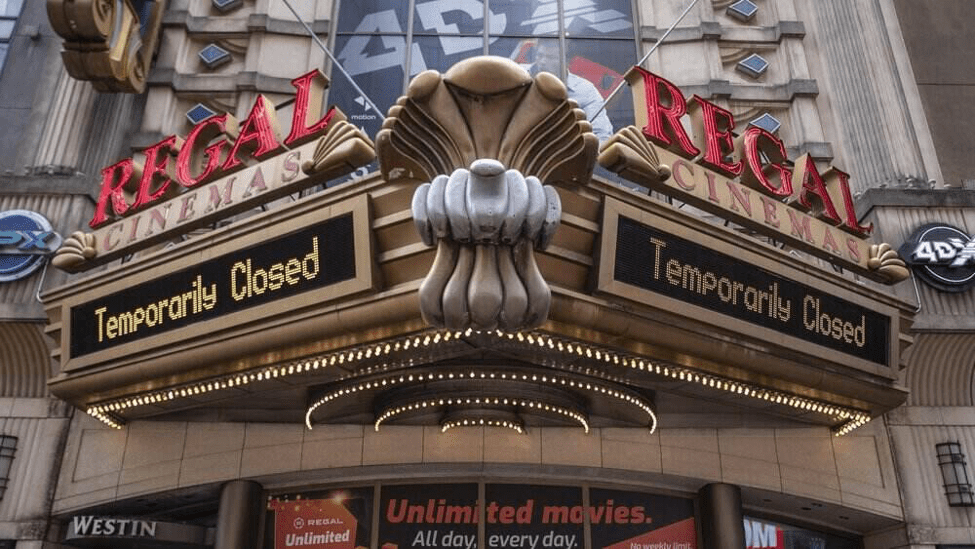When we think of the giants of cinema, the names that naturally pop up in our minds are the likes of Kubrick, Hitchcock, Spielberg, and of course, Martin Scorsese. From “Taxi Driver” to “The Departed,” Scorsese has etched his unique imprint on the silver screen. Now in his 80s, this cinematic legend has ignited a fresh discourse - one that challenges the prevailing comic book movie culture.
As the curtains rise for his latest offering, “Killer of the Flower Moon,” Scorsese is not just keen to have audiences take in another masterpiece but also to push a clarion call to his contemporaries. His message? It is time to "champion originality" and resist the seductive pull of franchise cinema.

Martin / IG / Ahead of the release of his much-awaited film “Killer of the Flower Moon,” Martin Scorsese laments the rise of franchise movies and comic book movie culture.
But why? Why would Scorsese, a beacon of the cinematic landscape, have reservations about the multibillion-dollar empire that comic book movies have built? Let's delve in.
Of Art, Commerce, and Cultural Echoes
There is no denying the immense success of comic book movies. “The Avengers,” “Wonder Woman,” and "Black Panther." They are not just films; instead, they are global phenomena. Scorsese does not refute their entertainment value. His gripe lies with the permeation of such films to the extent that they overshadow original storytelling.
It is not just about nostalgia for an era of cinema that took risks. Scorsese's viewpoint is rooted in the very essence of filmmaking. For him, movies are not just escapades to fantastical worlds. They are mirrors reflecting society, culture, and, most importantly, human essence. When franchise movies, driven by profits and set patterns, dominate the scene, the art of genuine storytelling suffers.

Martin / IG / They are a “danger to our culture,” the “Goodfellas” director lashes out at manufactured content.
Manufactured Content: The Real Villain?
Martin Scorsese’s lamentation about the rise of franchise films points to an industry churning out ‘manufactured content.’ It is the equivalent of fast food in cinema: Predictable, mass-produced, and lacking the distinctive flavor of an authentic culinary dish.
Scorsese’s use of the phrase “danger to our culture” is a bold one. But look at it this way: Every era has its stories, tales that define its zeitgeist. If our era is only remembered for rehashed tales from comic books and never-ending sequels, what unique stories are we leaving behind?
The Grassroots Rebellion
However, Scorsese’s call to arms is not aimed at the giants churning out blockbuster hits. His hope lies in the grassroots: The indie filmmakers, the scriptwriters working on fresh narratives, and the new-age directors willing to gamble on uncharted territories.

Martin / IG / The “fight back should be at the very grassroots level,” Scorsese wants filmmakers to take a strong stand against franchise movies and comic movies.
However, this is not just a rant from an 80-year-old director looking back at the ‘golden days.’ It is a challenge to the next generation. A call to think beyond the safe confines of established narratives.
It is All About Balance
The truth is, there is room for all kinds of cinema, from the epic spectacles of Marvel to the intimate tales of human connections. Scorsese’s critique is not an invitation to abandon the former but to elevate the latter.
According to Scorsese, filmmakers have a duty to not only entertain but to innovate, to challenge, to surprise, and to inspire. The comic book movie culture, as exhilarating as it might be, should not be the only narrative we invest in.




